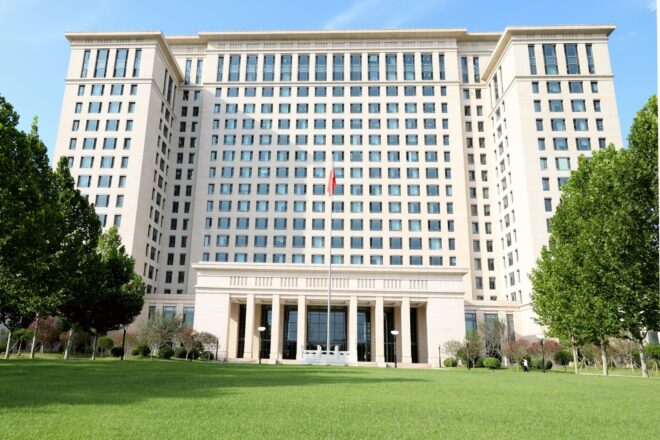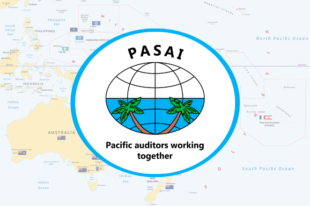National Audit Office of China Ensures Implementation of Recommendations, Appoints Special Audit Advisors

CNAO Establishes Mechanisms to Ensure Implementation of Audit Recommendations
On June 7, 2021, Mr. Hou Kai, Auditor General of the National Audit Office of China (CNAO), presented a report to the legislature during the 29th Session of the Standing Committee of the 13th National People’s Congress (NPC). The report outlined the results of CNAO’s audit of the implementation of the central budget and other 2020 revenues and expenditures.
In his report, Mr. Hou also highlighted the importance of addressing deficiencies identified by audits. To that end, CNAO issues recommendations to auditees and competent authorities, to help them make improvements by drawing on lessons learned.
To ensure its recommendations are implemented, CNAO has established a checklist system that includes a detailed description of every problem discovered, the type of non-compliance, related regulations, and required actions and time frames for rectification. CNAO also regularly monitors the implementation of recommendations to prevent perfunctory corrections or false reports. Through these enhanced efforts, CNAO has played an important role in ensuring the implementation of policy, overcoming the COVID-19 pandemic, and facilitating economic recovery and social development.
According to China’s Audit Law, the Auditor General of CNAO, entrusted by the State Council, reports twice a year to the NPC Standing Committee: in June, on the results of the audit of the implementation of the central budget and other fiscal revenues and expenditures from the previous year, and in December, on how the audit findings issued in June have been addressed. Both reports are released to the public.
CNAO Appoints Special Audit Advisors
On April 29, 2021, CNAO appointed 13 audit advisors to the 5th Special Audit Advisor Panel in a meeting chaired by Auditor General Hou Kai. The Audit Advisor Panel system was established in 1991, as an important mechanism to enable citizen participation in audits and provide external oversight of audit institutions.
Advisors are usually professionals in public finance and law from different political parties or without party affiliation. Over the years, audit advisors have earnestly fulfilled their duties by conducting research and making recommendations, thereby contributing to more rational, consistent, and law-based audit work.





